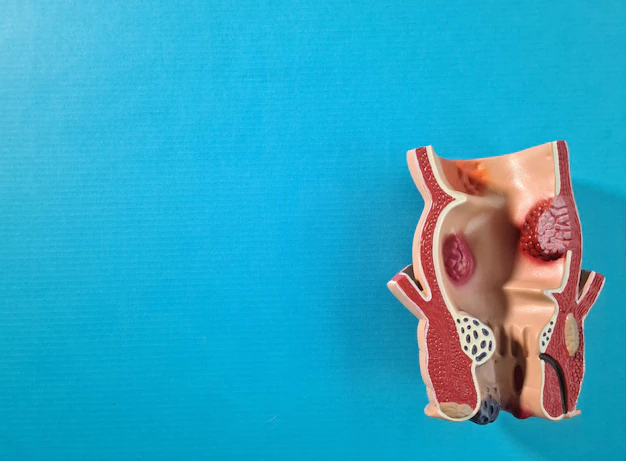Colorectal Polyps: Causes, Symptoms, Diagnosis, and Treatment

Colorectal polyps are small growths on the inner lining of the colon or rectum. They are a common condition that affects many people, especially those over the age of 50. Polyps are generally benign and do not cause symptoms, but they can become cancerous over time if left untreated.
Causes: The exact causes of colorectal polyps are not fully understood, but it is believed that certain risk factors may contribute to their development. These risk factors include:
- Age: Polyps are more common in people over the age of 50.
- Family history: People with a family history of colorectal cancer or polyps are at a higher risk of developing polyps.
- Personal history: People who have had colorectal polyps in the past are at an increased risk of developing new polyps.
- Diet: A diet high in fat and low in fiber may increase the risk of developing polyps.
- Smoking: Smoking is a risk factor for many types of cancer, including colorectal cancer.
Symptoms: Most people with colorectal polyps do not experience any symptoms. Polyps are usually discovered during routine screenings such as colonoscopies. However, larger polyps may cause symptoms such as:
- Rectal bleeding
- Blood in the stool
- Changes in bowel movements
- Abdominal pain
- Anemia (low red blood cell count)
Diagnosis: Colorectal polyps are typically diagnosed during a colonoscopy, which is a procedure that allows doctors to examine the inside of the colon and rectum. During a colonoscopy, the doctor will use a long, flexible tube with a camera and light on the end to look for polyps. If a polyp is found, the doctor may remove it during the procedure or take a biopsy for further testing.
Treatment: The treatment for colorectal polyps depends on their size, shape, and location. Small polyps may be removed during a colonoscopy, while larger polyps may require surgery. If the polyps are found to be cancerous, additional treatment such as chemotherapy or radiation therapy may be necessary.
Prevention: The best way to prevent colorectal polyps is to maintain a healthy lifestyle, including a diet that is low in fat and high in fiber, regular exercise, and not smoking. People who are at a higher risk of developing polyps may need to have more frequent screenings, such as colonoscopies, to detect and remove any polyps early before they have a chance to become cancerous.
